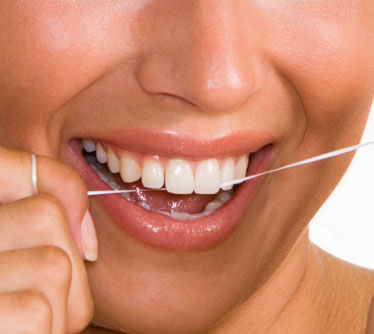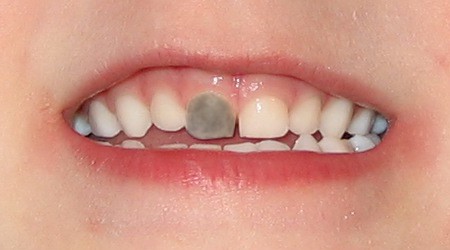
The tongue may be one of the most ignored parts of your body when it comes to cleaning. Keep in mind that by simply cleaning your tongue, you can get rid of common problems like halitosis or bad breath, put an end to other tongue problems, and of course, makes French kissing more enjoyable.
Keep in mind also that once you will get tongue problems, such as those tongue lesions and geographical tongues, which can be painful and may be difficult for you to enjoy eating thus make sure always that you have a healthy and disease-free tongue.
White patches and lichens planus are among the tongue problems that you should avoid. Geographical tongue or the appearance of map-like patterns is also a common problem that may lead to a sore tongue, which can be uncomfortable.
To help you in cleaning your tongue, here are some tips and techniques that you might find useful.
- After brushing and flossing, which are the main cleaning ritual you usually do with your mouth, do gently brush your tongue and gargle with water afterwards. You don't have to brush it hard. Even if you do have a whitish tongue, it won't help to brush it too hard. Rinse your mouth after brushing your tongue.
- With a tongue scraper, clean your tongue starting farther back up to the front, but don't push it too far to prevent you from gagging. The tongue scraper allows you to get rid of that whitish color at the surface of your tongue which can be home to bacteria and other food debris that may cause bad breath. You can repeat scraping your tongue until the white part is cleansed but don't apply too much pressure to the point of pain.
- Rinse with water after you are done with tongue scraping. You can then follow it up by rinsing with a mouthwash.
Tongue cleaning can prevent bad breath but keep in mind that tongue cleaning should always be accompanied with brushing of the teeth and flossing. Yes, scraping your tongue may get rid of some bacteria in the surface of the mouth, but there are still other hiding places in your mouth for bacteria, so always try to clean them all.
You may also want to put a thin coating of your toothpaste in your tongue before you gently it off. The ingredients in toothpaste such as zinc and chlorine dioxide will help neutralize the compounds produced by the bacteria that cause bad breath. Allowing the toothpaste to sit for a minute or two before scraping can also be done.
Practice cleaning your tongue regularly to avoid bad breath and other tongue problems. With regular cleaning, you can also learn to clean your tongue without gagging. If you are in a fight against bad breath, you may also want to clean the inner sides of your mouth and at the roof of your mouth to get rid of other bacteria and food debris hiding on them. Remember however that cleaning your tongue may not solely solve your bad breath problem but it can help a lot in trying to fight against it.
Article Source: http://EzineArticles.com/3856073
http://EzineArticles.com/?expert=Carolyn_Anderson
by Carolyn Anderson
http://www.smilesbydesign








